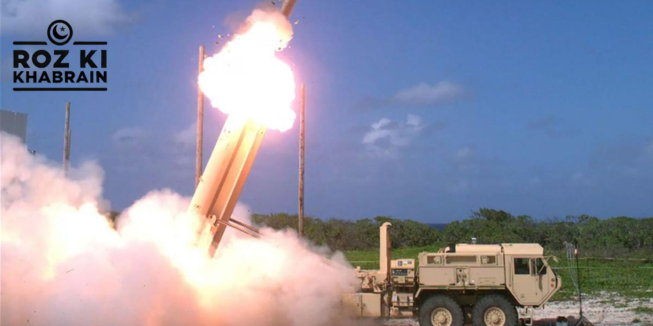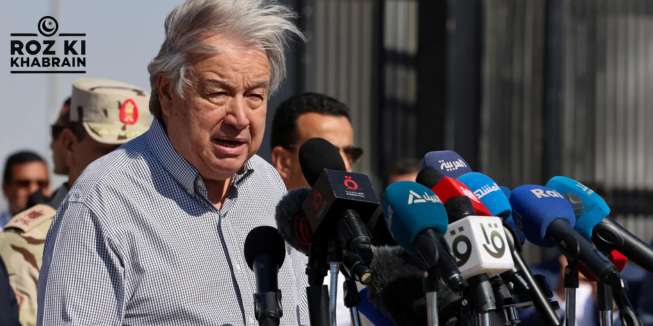The US has announced plans to deploy a high-altitude anti-missile system, along with military personnel, to Israel in response to a missile attack from Iran earlier this month.
A Pentagon statement indicated that President Joe Biden has ordered the Terminal High-Altitude Area Defense (THAAD) battery and its crew to be sent to “defend Israel.”
On October 1, Iran launched nearly 200 ballistic missiles toward Israel. While the Israeli military reported that most of these were intercepted, several missiles hit central and southern regions of Israel.
Israel has yet to declare its response to the attack, although Defence Minister Yoav Gallant has promised that it will be “deadly, precise, and above all surprising.”
Iran has vowed not to leave any Israeli attack unanswered.
The Pentagon emphasized that the THAAD deployment “underscores the United States’ ironclad commitment to the defense of Israel and to protect Americans in Israel from any further ballistic missile threats from Iran.”
Following the Hamas attack on southern Israel on October 7 last year, the US had previously deployed a THAAD battery to the Middle East and sent one to Israel in 2019 for training and air defense exercises. However, deploying a military crew to Israel is less common.
Iran claims its missile strike on October 1 was a retaliation for Israel’s assassinations of Hezbollah leader Hassan Nasrallah and a senior officer from the Iranian Revolutionary Guards Corps (IRGC) in Beirut, as well as Hamas leader Ismail Haniyeh in Tehran.
Recently, Israel has significantly intensified its military operations against Hezbollah, conducting air strikes across southern and eastern Lebanon, as well as in parts of Beirut. Prior to this, Israel and Hezbollah had engaged in near-daily cross-border exchanges since October of last year, when Hezbollah began firing into Israel, citing support for Palestinians in Gaza. Hezbollah stated it would cease fire if a ceasefire in Gaza was established.
However, international efforts to negotiate a ceasefire between Israel and Hamas have so far been unsuccessful.
What is THAAD?
The US announcement reflects its increasing concern over ballistic missile threats to Israel.
THAAD provides an additional layer of intercept protection against both endo and exo-atmospheric threats, costing around one billion dollars per battery. Manufacturer Lockheed Martin touts the system as highly effective against short, medium, and long-range targets.
THAAD missiles, with a reported range of up to 200 km (124 miles), employ a “hit to kill” method instead of relying on proximity detonation to neutralize targets.
Israel’s missile defense arsenal includes the Iron Dome for short-range rockets, David’s Sling for longer-range weapons and cruise missiles, and Arrow 2 and Arrow 3 for ballistic missiles launched from over 1,000 km (621 miles) away.
Countering ballistic missile threats is particularly challenging due to their high speed and rapid changes in trajectory, especially during their terminal phase.
According to the Centre for Strategic and International Studies, Hezbollah possesses approximately 150,000 rockets—primarily supplied by Iran.




